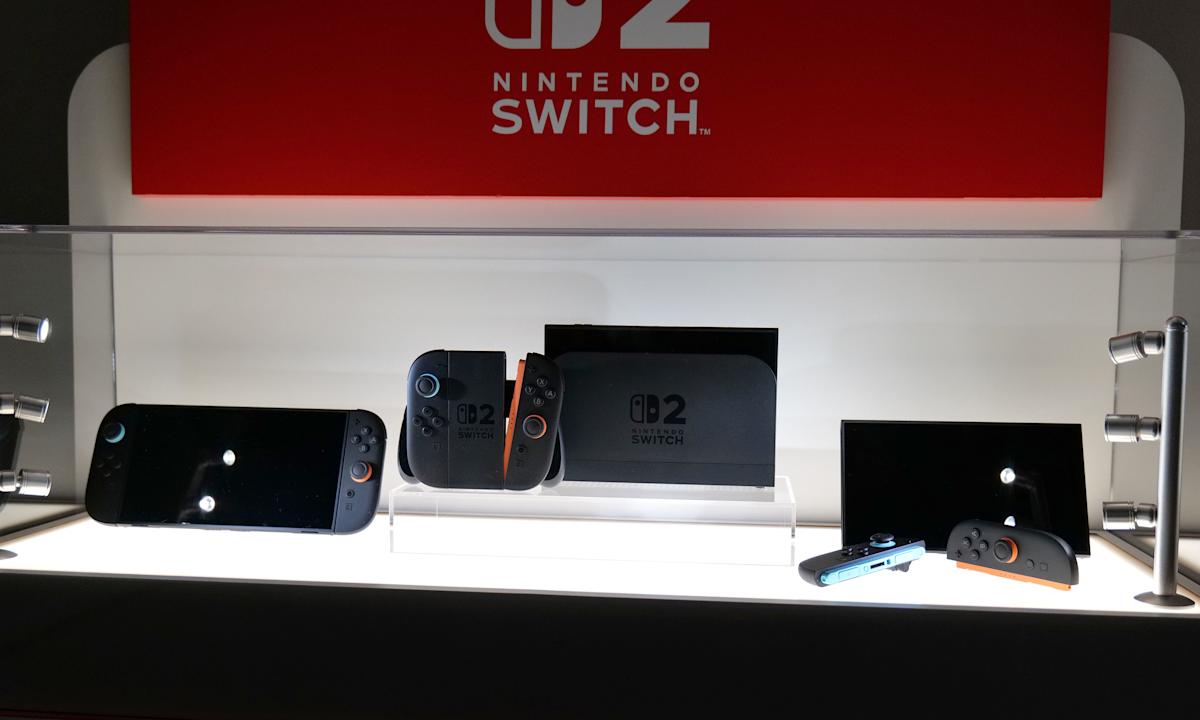Consumer Demand for Credit Options Varies Across Regions
The demand for credit options varies significantly across regions, and for fintechs, understanding these differences is crucial to success. In developed markets, where credit cards are common, consumers tend to view buy now, pay later (BNPL) offerings positively due to their flexible installment options.
A Glimpse into Emerging Markets
However, in emerging markets like the Middle East, where credit card penetration is low but spending power is high, BNPL has an even more compelling use case. The model has gained significant traction, with Tabby, one of the region’s pioneers, now valuing at $3.3 billion after securing $160 million in a Series E round.
A Valuable Fintech in MENA
The round was co-led by growth equity investor Blue Pool Capital and investment management firm Hassana Investment Company, with Saudi-based investor STV and Wellington Management also participating. This follows less than 18 months after Tabby raised $200 million in a Series D round at a valuation of $1.5 billion.
Doubling Down on Growth
Since then, Tabby has doubled its valuation and annualized transaction volume, exceeding $10 billion, according to the company. Co-founder and CEO Hosam Arab attributes this growth to the launch of new products, which have driven higher usage frequency. Customers now see Tabby as a tool to manage all their spending, whether it’s buying a cup of coffee or taking an Uber ride.
Expanding into Broader Financial Services
Originally focused on online transactions, Tabby has expanded into in-store payments, retail, and financial services. Its Tabby Card allows users to spend flexibly, while Tabby Plus offers a subscription-based rewards program. Meanwhile, Tabby Shop provides longer-term payment plans to help users access better deals.
Growing User Base
The Riyadh-headquartered fintech now supports 40,000+ brands and merchants, including Amazon, Adidas, IKEA, Samsung, and Noon, with a 50% increase in its user base to 15 million customers across Saudi Arabia, the UAE, and Kuwait since October 2023.
Future Plans
Tabby isn’t stopping at credit. It has acquired Tweeq, a Saudi-based digital wallet provider, as part of its plan to expand into broader financial services, including digital accounts, payments, and money management tools. The company is also eyeing remittances, an area where it has strong positioning, particularly in the UAE-India corridor.
Brewing Competition and IPO Plans
Tabby competes regionally with Coatue-backed Tamara in the BNPL space. However, with remittances, it will face new competition from global players like Revolut, the U.K.-based neobank. Despite this, co-founder Arab is confident that Tabby’s scale, local market expertise, trusted brand, and deep customer relationships will work in its favor.
IPO Plans Remain On Track
On the IPO front, the Series E round might be Tabby’s last private raise before going public on the Saudi Exchange. However, market conditions may have delayed those plans. Arab remains optimistic about Tabby’s plans for an IPO, saying that the company is "fairly serious" about it.
Investor Demand for Tech IPOs in MENA
The region’s appetite for high-growth startups is evident, with Talabat’s massive listing in Dubai last year. Klarna’s expected IPO in April could serve as a bellwether for BNPL companies, signaling what’s ahead for the sector.
Source Link





